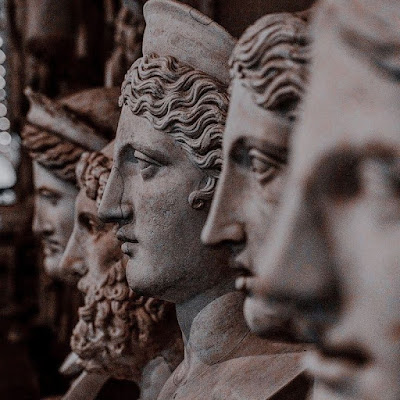I’m excited to announce that I’ll be giving an online workshop at the upcoming WitchCon Online 2023. WitchCon Online has classes by dozens of Witches and Conjurers from across the globe. According to the official website, “WitchCon Online presenters are the preeminent masters of the magical arts and hail from across a rainbow spectrum of occult and spiritual practices.”
My class will be on March 5th at 3:15 CT and is titled "Exploring Dark Paganism." The course description:
"In this workshop, I introduce Dark Paganism, a deeply personal and individualized philosophy focusing on transformation and shadow work. I guide the participants through the nine Dark Pagan principles, which help develop a version of yourself flourishing in all you do. From self-knowledge and acceptance to magick and environmental mastery, these principles show how to build confidence, trust yourself, and create a meaningful life. I’ll also delve into Dark Pagan ethics and building a Dark Pagan lifestyle."
Benefits of registration include access to all live video classes, rituals, performances, and recordings of every class after the event has ended. There will also be a Virtual Vendorium where one can purchase ritual tools, signed books, jewelry, and more. Attendees will also be able to participate in a Virtual Meet and Greet where attendees and fans meet and chat with presenters live on Zoom.
Registration for WitchCon is limited to only 1,000 attendees. So register now and reserve your spot!









